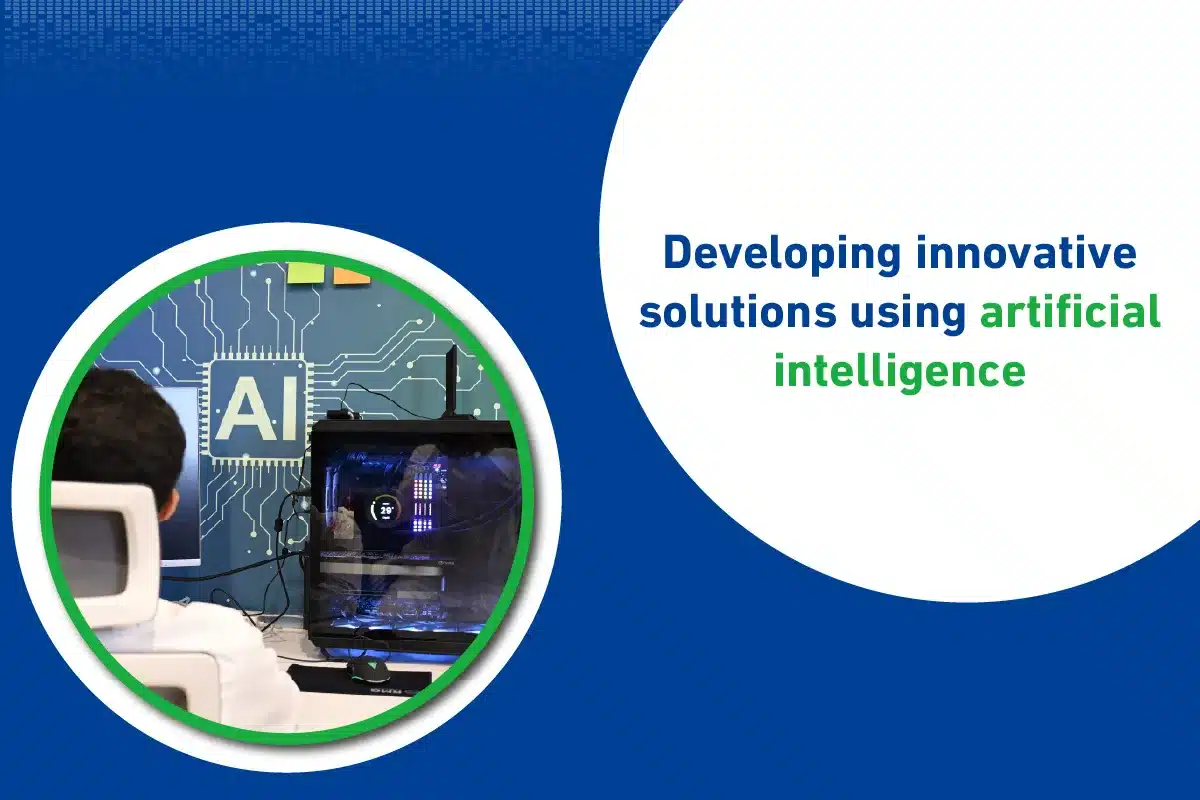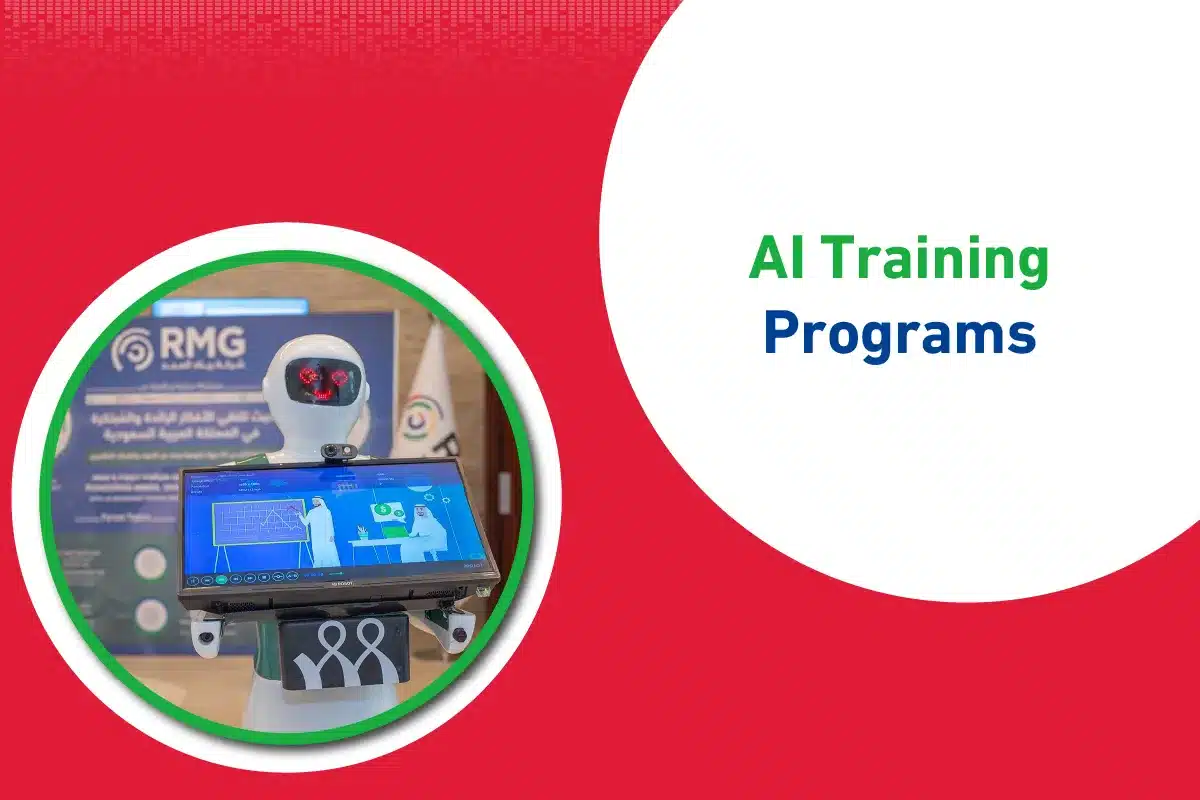Blog Body
Discover a list of the most common cybersecurity tools that every organization in Saudi Arabia needs. From firewalls to SIEM systems, learn how to effectively secure your data and infrastructure to combat evolving digital threats.
In the digital age of Saudi Arabia, where the pace of digital transformation is accelerating across all public and private sectors, securing digital assets has become not just an option but a strategic imperative. The increasing reliance on technology opens up vast opportunities for growth, but it also widens the scope of cyber threats. This is where common cybersecurity tools play a pivotal role as a fundamental line of defense and a robust fortress for protecting critical data, systems, and infrastructure.
This article sheds direct and intensive light on the most common cybersecurity tools that form the backbone of any successful security strategy, explaining the function of each tool and its importance for organizations in the Kingdom.
1. Firewalls: The First Gatekeeper of Your Network
Firewalls, whether hardware or software, are considered the first and most important line of defense for any corporate network. Their primary function is to monitor and filter incoming and outgoing data traffic based on a set of predefined security rules. Firewalls act as a barrier between your trusted internal network and untrusted external networks, such as the internet, and prevent any unauthorized access attempts. For Saudi organizations, having a robust Next-Generation Firewall is essential to protect their digital gateways from direct attacks.
2. Antivirus/Antimalware Software: A Protective Shield for Every Device
No security system is complete without advanced antivirus and antimalware software. These tools are specifically designed to scan, detect, and remove or quarantine known threats like viruses, ransomware, spyware, and Trojans. Modern solutions rely on machine learning and behavioral analysis to detect new and unknown threats (zero-day threats), making them among the most common cybersecurity tools for protecting endpoints such as computers, servers, and mobile devices.
3. Intrusion Detection and Prevention Systems (IDS/IPS): The Vigilant Eyes of Your Network’s Security
If firewalls are the gatekeepers, IDS/IPS are the security patrols that constantly roam the network.
- Intrusion Detection System (IDS): Monitors network traffic for any suspicious activity or security policy violations. When a potential threat is detected, it logs it and sends an alert to administrators.
- Intrusion Prevention System (IPS): Performs the same function as an IDS but takes the additional step of taking immediate action to block the attack, such as blocking the source IP address or cutting the connection.
These systems are essential for organizations to identify and respond to complex attacks that might bypass firewalls in real-time.
4. Security Information and Event Management (SIEM) Tools: The Security Command and Control Center
With the increasing number of devices and systems, tracking security logs and data from each source individually becomes impossible. This is where SIEM (Security Information and Event Management) tools come in, which are among the most powerful common cybersecurity tools for large organizations and government entities. These platforms collect, analyze, and classify security data and logs from various sources (firewalls, servers, applications, etc.) in one place. By correlating and analyzing events, SIEM systems can identify abnormal patterns, detect advanced threats, and provide detailed reports that help with digital forensics investigations and compliance with regulations such as the National Cybersecurity Authority’s (NCA) requirements.
5. Penetration Testing Tools: Attack Is the Best Form of Defense
To understand your weaknesses, you must think like an attacker. This is the principle behind penetration testing tools. Cybersecurity experts use these tools to simulate real attacks on an organization’s systems and networks to discover security vulnerabilities before real attackers find them. Tools like Metasploit, Nmap, and Burp Suite help identify configuration weaknesses, application vulnerabilities, and potential paths that hackers could exploit, giving the organization a chance to patch them and proactively strengthen its defenses.
6. Data Loss Prevention (DLP) Tools: Protecting Your Most Valuable Digital Assets
An organization’s data, whether it’s customer data, financial information, or trade secrets, is its most valuable asset. Data Loss Prevention (DLP) tools are specialized solutions designed to ensure that sensitive data does not leave the organization without authorization. These tools work by monitoring, classifying, and inspecting data while it is in use, in motion across the network, or at rest. When an attempt to transfer sensitive data in violation of predefined policies is detected, the DLP tool can block the action, encrypt the data, or alert administrators.
7. Vulnerability Scanners: The Regular Check-up for Your Security System
Vulnerability scanners are automated tools that scan networks, systems, and applications for known security vulnerabilities. These tools work methodically and regularly to provide detailed reports on discovered weaknesses, specifying their severity level and providing recommendations on how to fix them. Tools like Nessus and Qualys are among the common cybersecurity tools that organizations use to maintain a clean digital environment and continuously reduce the attack surface, ensuring that no doors are left open for attackers.
How Does Renad Al-Majd Translate Cybersecurity Tools into a Comprehensive Digital Fortification?
Owning common cybersecurity tools is a vital first step, but the real value lies in how they are chosen, integrated, and managed effectively. Every organization in the Kingdom has its unique needs and challenges that require expert vision and a customized strategy. This is where Renad Al-Majd (RMG) comes in, not just as a solution provider, but as a strategic partner that translates these powerful tools into a comprehensive and fortified security system.
Renad Al-Majd understands that cybersecurity is not just about installing software and hardware; it is a continuous process that requires deep expertise. Our team of certified experts meticulously assesses your work environment, identifies potential risks, and then designs and implements a customized security architecture that integrates the best common and advanced cybersecurity tools in a way that ensures maximum protection and operational efficiency. We don’t just provide the tool; we ensure it works in perfect harmony with the rest of your systems, while providing continuous monitoring and technical support to ensure a rapid response to any emergency.
Proactive Collaboration for Sustainable Cybersecurity: Join Renad Al-Majd’s Partners in Success
We invite all organizations, government agencies, and companies in both the public and private sectors in the Kingdom to take a proactive step towards a secure and sustainable digital future. At Renad Al-Majd, we don’t offer off-the-shelf solutions; we build long-term success partnerships, through which we aim to empower you to focus on your core business while we take on the task of fortifying your digital assets.
Whether you are looking to implement your first common cybersecurity tools or you want to upgrade your current security system to counter advanced threats, our experts are ready to provide specialized consultation and design innovative solutions that align with your strategic goals and local compliance requirements.
Don’t wait for a threat to occur. Contact us today to start building your strong and reliable digital shield together.




















